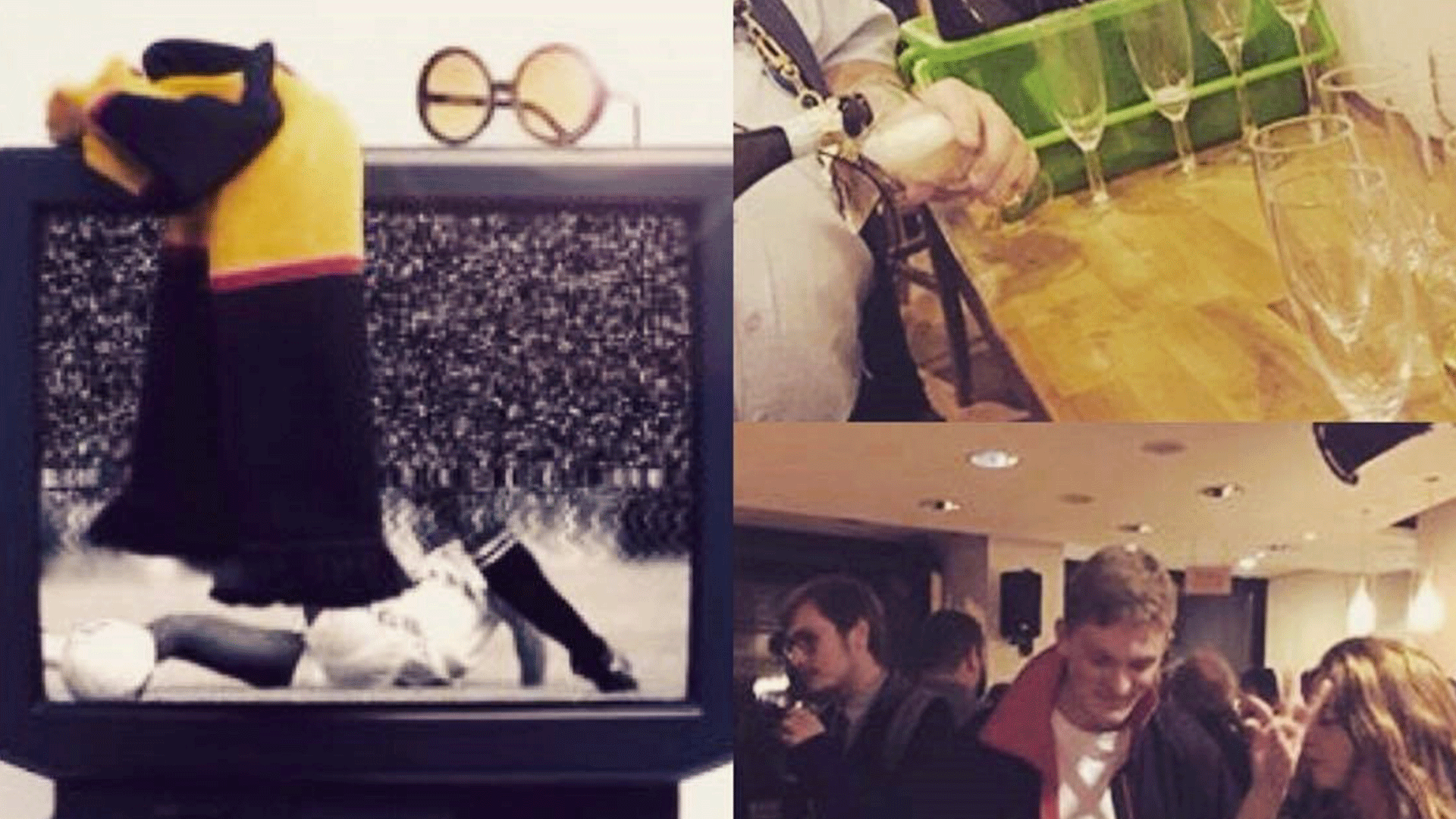My step in to the working world
Studying at university doesn’t half provide you with experience! But does it prepare you for the working world?
My answer is it does in terms of skills, but maybe not 100% in terms of mental preparation. So here’s a blog on how I’ve been coping with the working world in my placement and third year of university.
I’m enjoying my job at the Watford Palace Theatre, but I’ve got to admit life is different. Time management and organisation is definitely on a completely different level.
So what do I do? I work in Participation, a department that is in charge of producing community events. This means I am responsible for a lot of organisation in both a practical and administrative sense. I work a lot with young people and engaging them in the opportunities we offer. The current projects I’m focusing on are the Palace Youth Theatre, Assistant Directing Treasure Island, co-producing the film festival and young producers’ scheme. Did you get all that before you hit snooze? This might sound like the typical “ok I swear my date looks better in person” but I’m telling you the tasks are more engaging in reality.

It’s now two weeks until the Palace’s Treasure Island production and the pressure is on! Sometimes it’s manic upstairs in the office rushing from one meeting to the other, to the next rehearsal while trying to keep on top of your deadlines. Just a little crazy if you ask me. But I’d say I’m lucky that I get the chance to experience the insides of a professional theatre.
I’ve learnt a lot of new things while I’ve been here. First of all, how you suddenly have to be a lot more proactive than you think, and more confident in your authority. Secondly about prioritising and organisation – you have to bear in mind that you’re not only organising and prioritising tasks for yourself but for a company. If you don’t achieve your task it will impact someone/ something else. For example, if I never attended the white card meeting with the designer and director, I would never know where the entrances and exits would be to direct the actors to and from.
In the working world, you’re more than likely to have a line manager – they’ll delegate your tasks and ensure that you’re on top of things. I’m lucky as my line manager is actually really supportive in consideration to my personal life. For example, she offered to even have a cheeky read over my dissertation title and plan, which I am yet to show my tutor. The feedback I receive from her is also great because it is honest and there is nothing worse than thinking you’re doing the best job ever whilst the rest of the team are discussing how you didn’t quite meet the mark.
I mostly get positive feedback but sometimes its negative but I have learnt that as long as you take the negative feedback with a pinch of salt and think about how it can help you improve yourself, it is no longer negative but in fact entirely constructive. During my feedback I’ve learnt about data protection and fairly obvious things about customer service where I realise ‘why didn’t I think of that’. But everyone’s human, everyone makes mistakes, it’s how you go forward which makes the difference.
Time management is another thing to consider in the working world. I’m used to having deadlines set for me at University. Now in the working world, I have to set them for myself and if I’m honest it’s not as great as it might sound. I base my deadlines on how close the event is and work out the priorities from there. Sounds a simple task, but I’ve messed up my priorities once before in not realising that something was as imminent as it was.
Your time management can also be thrown out a little in the way in which a company or organisation works. When starting University, I was far from what I expected but once settling in, getting used to the way things worked, Loughborough actually turned out to be better than my expectations. My second year, studying abroad, the marking system through me out, the teaching and the support offered was very different. You just have to realise that not everything is the same and you have to be able to adapt and not get caught up in your comfort zone and organise yourself from there.

For those considering placement or permanently setting foot into the working world, here are a few handy tricks I think might be helpful
- Create a diary planner – you can do this on Outlook calendar. Here you can share your calendar with your colleges so they know where you are and your availability. This also helps with organisation of deadlines and acknowledging when upcoming events are.
- Student Advice at Loughborough’s Bridgeman building offer sessions which fall in line with organising time management and understanding the importance of prioritising your work.
- Create an action plan! I find excel is handy for this. Make this action plan for yourself or company after team meetings; include a column for the job role, allocated person and deadlines (times and dates).
- And my final useful tool and professional way of organising production work is Trello . It’s an online system where you can assign company tasks and deadlines, which you can invite your colleges to see.
I can say overall I’m very happy to be where I am. I love the job, the people and of course Loughborough University. Also love the work BBQ’s and unlimited free prosecco on press nights ;-)! I’m happy to be in work, but that’s not to say that sometimes Monday mornings don’t get the better of me, or that I’ve never mentally questioned ‘why I am even here’. But that’s life and the best thing I’ve learnt is to make the best out of what you’re offered, think about your organisation as a whole, time manage and prioritise accordingly, improve, grow, and move up!
Student Life
Find out what makes 'The Loughborough Experience' by reading our student blogs.